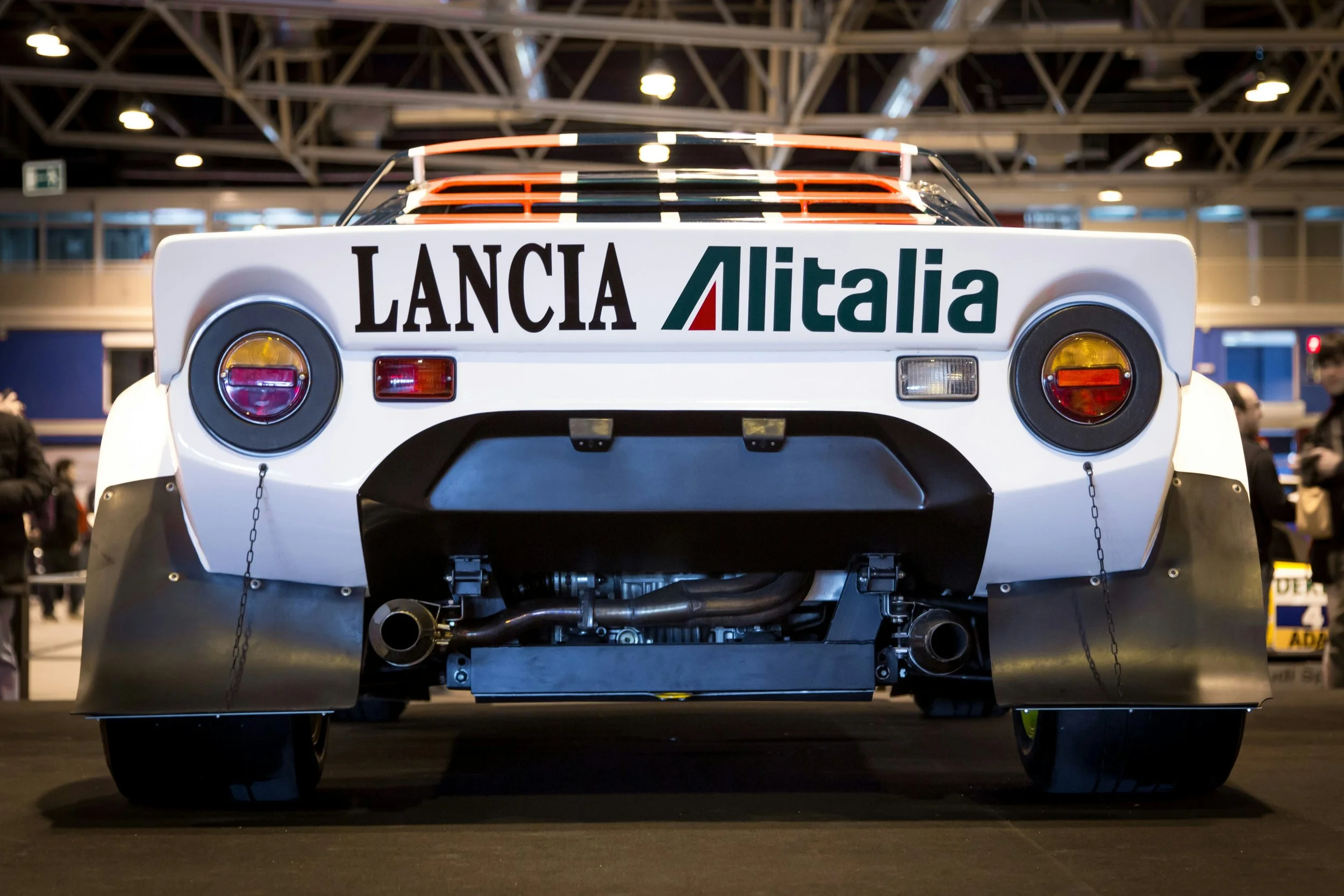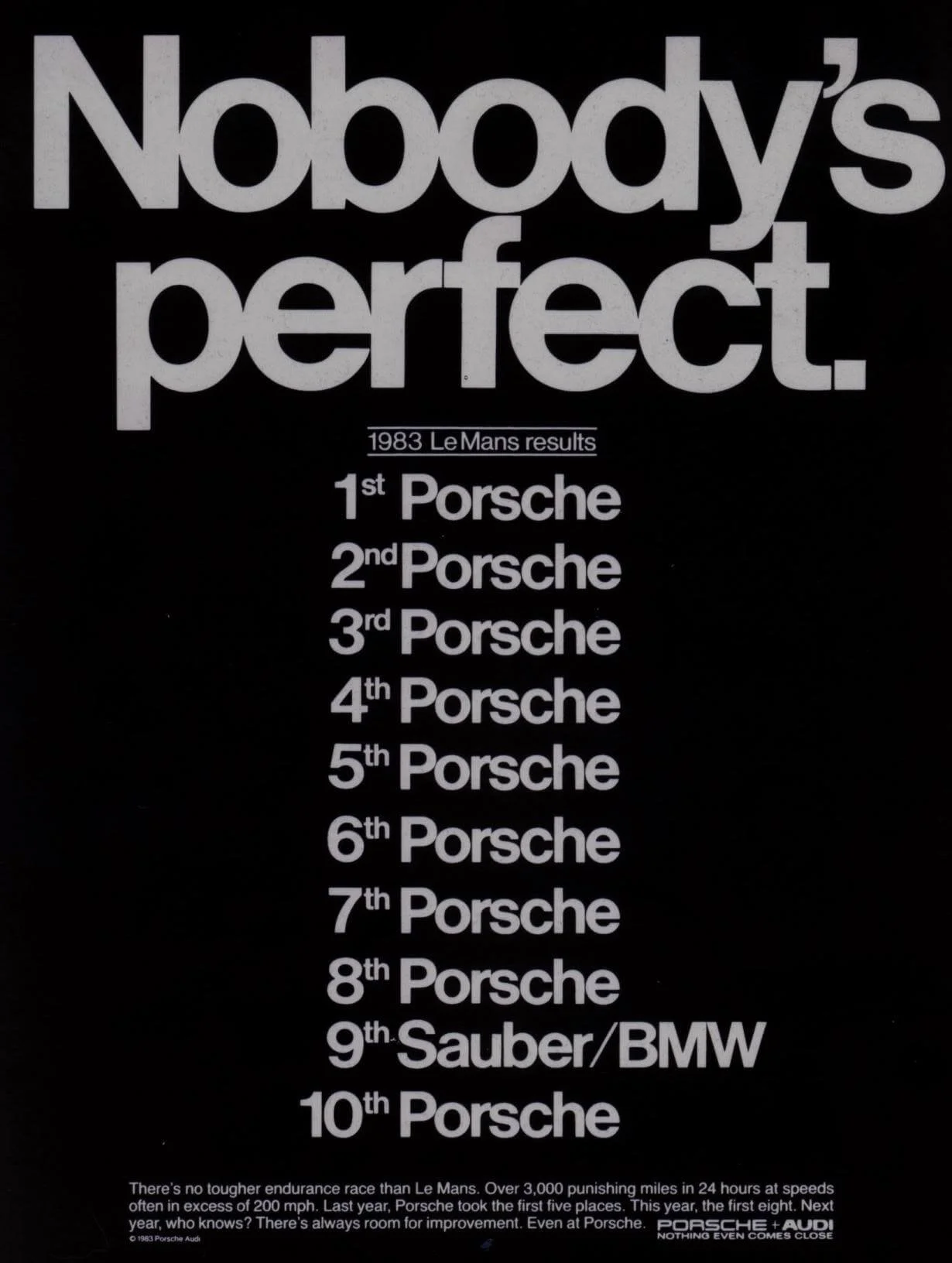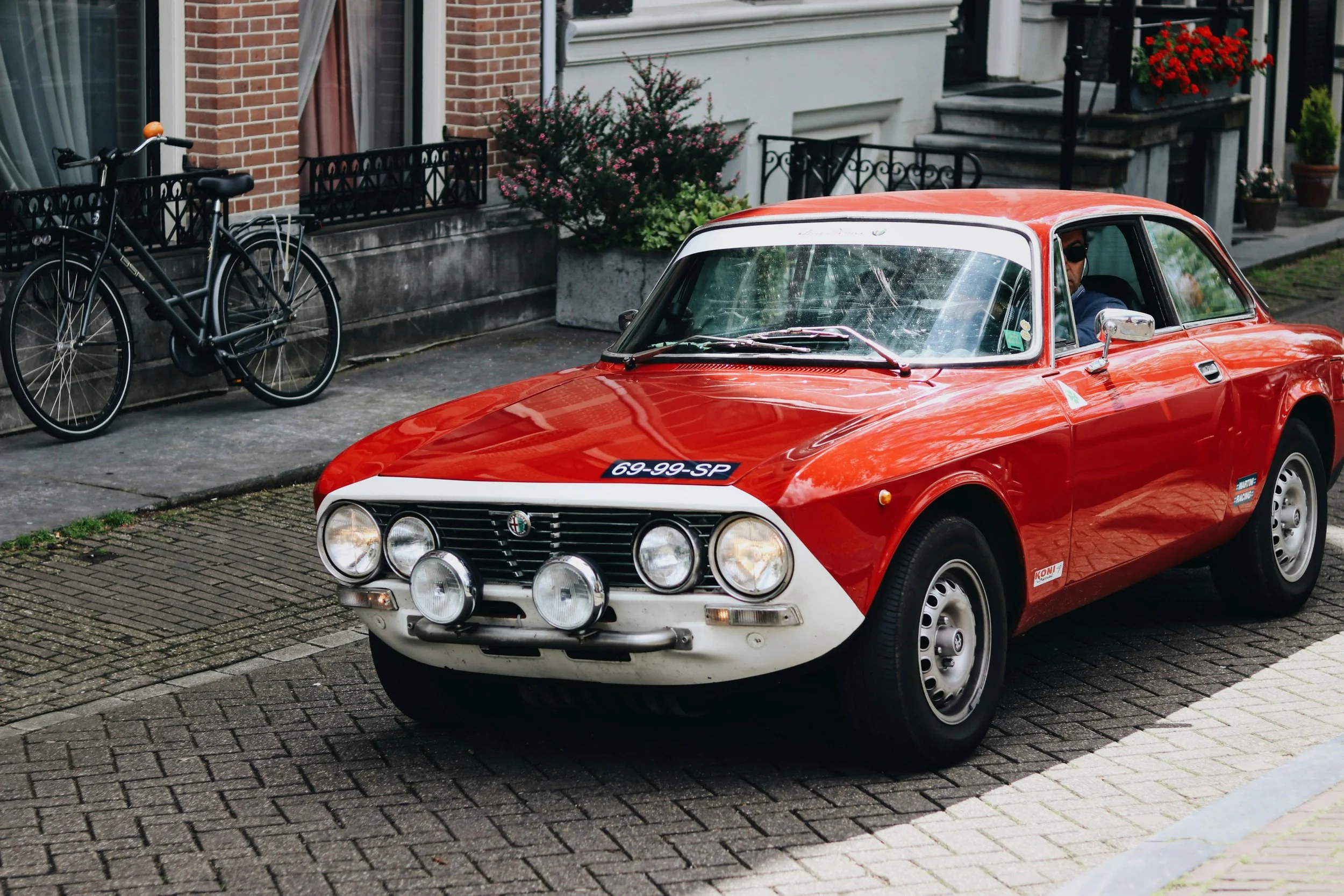
The Death of the Iconic Racing Livery, And What Teams Must Change to Revive It
This article examines those underlying drivers and explores what teams can do, in practical terms, to recover some of the cultural and commercial power that liveries like Alitalia and Martini still command decades later.

Chinese EVs: Strategic Options for Legacy Carmakers
Chinese EVs are reshaping Europe’s car market. This hub summarizes the strategic options for European automakers: brand, longevity, and racing-driven emotion.

Going Racing Used to Sell Cars. It Still Can, Provided Brands Succeed In the Consumer Translation.
In the early days of advertising, the messaging for any product-type, cars included, was very straight-forward. In the automotive industry, brands would win something hard (Le Mans, Paris–Dakar, Pikes Peak, etc) and then say it, loudly, in a single declarative line.
The ads weren’t subtle because they didn’t need to be, and the messaging boiled down to a very straightforward message consumers could latch onto: we proved ourselves under the harshest conditions on earth, so you can trust (and desire) what we sell you.
That era produced ads which are still exciting today because the logic chain was simple, culturally acceptable, and repeated often enough that the public learned the language.
Look at the classic French poster tradition: Peugeot turning endurance results into a one-line manifesto, Renault and Alpine compressing a race result into a claim about efficiency, durability, and engineering pride.
The ads leveraged heritage to build a commercial bridge between competition and commerce; motorsport was not the equivalent of a corporate vanity project, it really was a selling tool.
Today, that bridge has not disappeared, but owing to the changes in the advertising and consumer spaces, it has nevertheless been weakened, fragmented, and increasingly under-monetized.

What EU EV Rules Miss: The Concept Of a 100-Year “Forever Car”
A car that lasts 100 years will not save the climate on its own, but in a world racing toward disposability, permanence remains one of the few forms of value that cannot be cheaply copied or, crucially, marketed.
And that may be the most important advantage legacy automakers still have.

